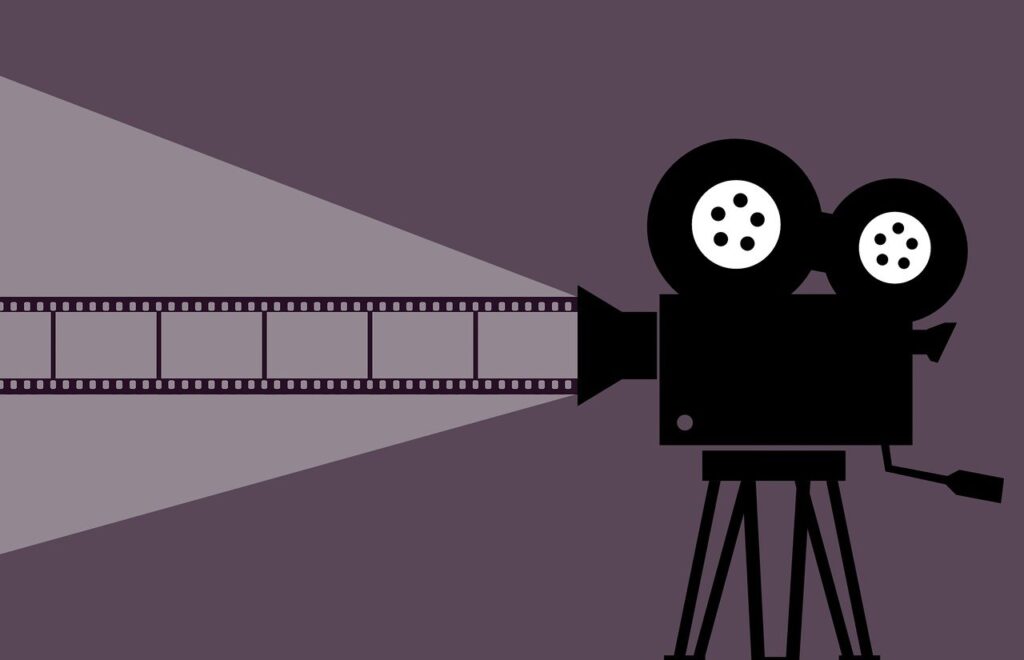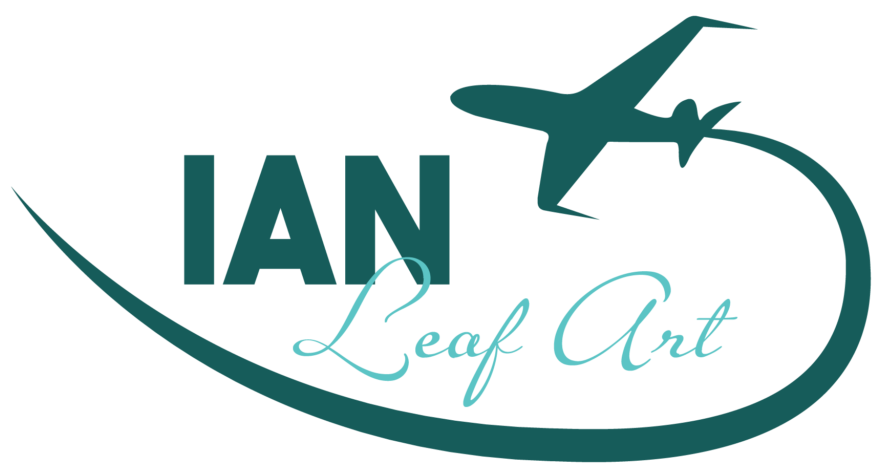As technology continues to expand and evolve, so does the world of film scoring. With different platforms available for viewing films, such as streaming services, traditional theater releases, and even virtual reality experiences, composers must adapt their techniques to create music that enhances the overall cinematic experience. John Jesensky will explore how film festivals shape the evolution of film scoring by providing a platform for new techniques, fostering collaboration between composers and filmmakers, offering business insights, and predicting future trends.

The Role of Film Festivals in the Promotion of New Scoring Techniques
Film festivals are more than just venues for screening films; they are crucibles of creativity and innovation. A notable aspect of their influence lies in promoting new scoring techniques. Many films that debut at festivals showcase innovative soundscapes that challenge traditional norms.
For instance, the film “Birdman” premiered at the Venice Film Festival with a score composed entirely of jazz percussion. This unorthodox choice underscored the film’s frenetic energy and was lauded for originality.
Festival exposure can also profoundly impact the recognition of new composers. When a film with a unique score captures the attention of critics and audiences, the composer’s work gains visibility.
This recognition often leads to new opportunities and collaborations, paving the way for these composers to leave a lasting mark on the industry. The festival circuit has introduced us to rising stars who have since become influential figures in film scoring.
To truly understand the role of festivals, consider the case of Moonlight, which premiered at the Telluride Film Festival. Nicholas Britell’s hauntingly beautiful score helped elevate the film’s emotional resonance.
Britell’s recognition at the festival catapulted his career, leading to further collaborations and accolades. Film festivals provide a unique platform where composers can experiment boldly, knowing their work will reach appreciative audiences eager for fresh experiences.
Connecting Composers and Filmmakers The Festival as a Networking Hub
Film festivals are not just about films; they’re about people. They serve as networking hubs that facilitate connections between composers and filmmakers. Personal accounts from industry professionals highlight festivals’ pivotal role in launching collaborations that may never have happened otherwise.
Magic often occurs when composers and filmmakers gather in the same dynamic space. These events offer valuable opportunities to establish relationships. Composers can meet directors and producers seeking unique musical voices for their projects, while filmmakers can discover composers who can translate their visions into sound.
For example, composer Hildur Guðnadóttir met director Todd Phillips at the Toronto International Film Festival, leading to their collaboration on “Joker.” The film’s score went on to win the Academy Award for Best Original Score.
Networking effectively within the festival environment requires a mix of preparation and spontaneity. Participants should come equipped with portfolios or work samples, ready to engage in meaningful conversations.
Attending panel discussions, workshops, and social events allows attendees to connect with like-minded individuals. Building authentic relationships is key to seizing potential opportunities, as often, the best collaborations stem from genuine connections rather than transactional exchanges.
The Business of Scoring Films
Beyond artistic expression, film scoring is a business, and film festivals provide a wealth of insights into the financial aspects of the craft. Many festivals host panels and workshops where industry veterans share their experiences and strategies for succeeding in this competitive field. These sessions offer a behind-the-scenes look at the business side of film scoring.
Attending these events exposes participants to topics such as securing project funding, negotiating contracts, and understanding copyright issues. These insights can be invaluable for budding composers navigating the industry’s complexities. Film festivals also provide a platform for successful composers to share their strategies for building and sustaining a career, offering inspiration and practical advice to those just starting.
A notable example is the Sundance Film Festival, which hosts the “Music Café”. This event features panel discussions with composers, music supervisors, and filmmakers, exploring the intricate relationship between music and film.
Attendees gain valuable insights into the collaborative process and learn how to communicate effectively with filmmakers to achieve the desired artistic vision. These sessions are a treasure trove of knowledge that can help aspiring composers refine their craft and business acumen.
The Future of Film Scoring
Film scoring constantly evolves, and film festivals glimpse its future. Observing festival trends allows us to speculate on the industry’s direction. One significant trend is the increasing integration of technology into film scoring. From virtual orchestras to AI-powered composition tools, technology is reshaping the possibilities for composers.
Film festivals serve as platforms for showcasing the latest technological advancements, enabling composers to explore new ways of creating and presenting music. For example, the Tribeca Film Festival’s “Storyscapes” section explores interactive storytelling experiences, blurring the lines between film, music, and technology.
This convergence opens up exciting opportunities for composers to experiment with immersive soundscapes and redefine the boundaries of film scoring. New talent entering the field will find abundant opportunities. Festivals increasingly support emerging voices, providing grants, mentorship programs, and dedicated sections for debut composers.
This democratization of access allows aspiring composers to showcase their work alongside established names, opening doors that were once closed. The impact of technology, coupled with the festival circuit’s dedication to nurturing talent, ensures a vibrant future for film scoring.
Final Thoughts
John Jesensky understands that film festivals are not merely cultural events but catalysts of change in film scoring. Through their promotion of new techniques, facilitation of collaborations, and offering of business insights, festivals shape the evolution of this vital art form. For composers, filmmakers, and enthusiasts alike, these events provide a glimpse into the future of storytelling through sound.

